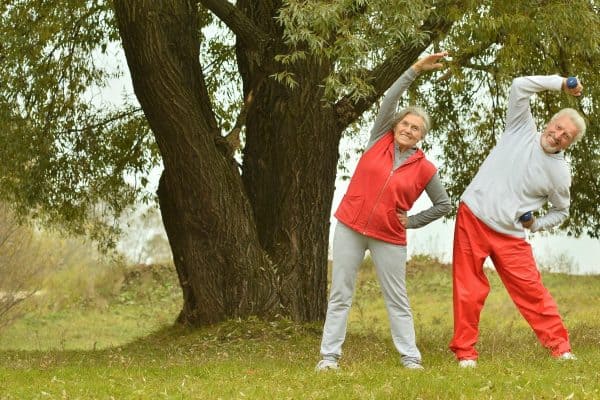There have been a lot of changes to pensions, savings, banks account and more in recent months – but what exactly do you need to know about? Here is part two of our guide to getting past all the jargon, and in case you missed it, check out part one here.
Lifetime ISA- LISA
From April 6th 2017 if you are aged between 18 – 40 you will be entitled to a ‘Lifetime Isa’ – or as many now call it ‘Lisa’. Lisa has been created to encourage longer-term saving for first-time homebuyers or for retirement. Essentially, you can save as little or as much as you like over a tax-year, and at the end of that year the government will top up your pot with a 25% bonus. For instance, if you were to save the maximum £4,000 this year, you would get £1,000 for free – but the same rate applies for whatever you can put away. Lisa savers will be able to repeat this every year until they either buy their first home, or until they turn 50. See the government’s digestible one pager to find out how you can use the Lisa:
Any reasons I shouldn’t take out a Lisa?
Lisa does have its flags that you should be aware of.
- If you decide to withdraw funds before you turn 60, or if you withdraw funds without intending to buy your first home, you will lose any bonuses and also be hit with a 5% penalty.
- If you intend to use your Lisa for retirement purposes, be sure to compare it to your pension your workplace should be providing, as it may be more tax-efficient.
Pension contribution allowance
The maximum you can add to your pension pot and still get tax-relief has remained at £40,000 a year. This allowance reduces for those earning over £150,000. Tax will be subjected to pension pots over £1 million, which has been reduced from £1.25m in 2015/2016. Under this amount all pension pots are free from tax deductions.
Rent-a-Room allowance
If you currently, or have considered, renting out a spare room then you will pleased – a vacant room can now earn the homeowner £7,500 a year before being subject to tax. This allowance has doubled when compared to 2015/2016. To find out more about how your spare room could become a nice little earner, read The Guardian’s article here.
Now that you are up-to-date, print our infographic for your workplace and/or home and show off your financial prowess!
What are your thoughts on these ideas? Let us know in the comments!



















